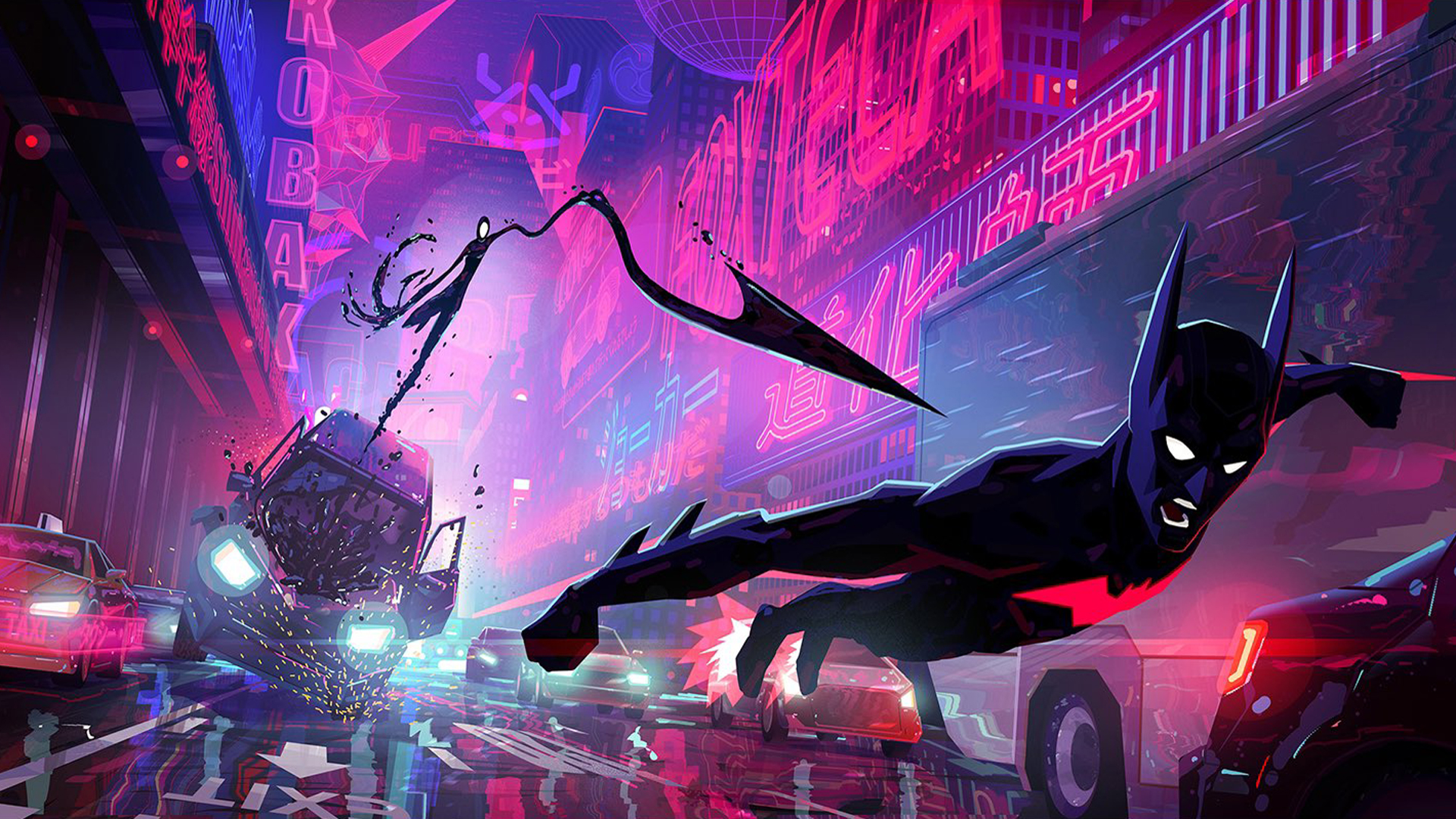Earlier today, AMD announced the source code for its FSR 2.2 (FidelityFX Super Resolution 2.2) time scaling technology. It is now accessible on GitHub, allowing developers to quickly implement it into their games (especially if they already have FSR 2.0 or FSR 2.1).
On the other hand, FSR 2.2 for Unreal Engine is in progress, and AMD will announce when it is available.
FSR 2.2 was initially implemented in three racing games; Forza Horizon 5, Need for Speed Unbound, and F1 22. Below is a comparison video between FSR 2.2 Quality Mode and Nvidia’s DLSS 2.4 and FSR 2.2 Performance Mode on Forza Horizon 5.
The GPUOpen website shows comparison pictures of the Need for Speed Unbound.
The Hardware Unbound channel also compared AMD FSR 2.2 and Nvidia DLSS 2.4, comparing the two-time scaling technologies with each other and noticing the weaknesses and strengths of each technology while highlighting the improvements of FSR’s advancements in each iteration.
FSR 2.2 was added by Codemasters to F1 22 on January 16 with patch 1.17. Since The Callisto Protocol already contains FSR 2.0, it is expected to be updated to the same version soon.
Moreover, AMD also revealed the “Debug API Checker” function, a brand new feature to the FSR 2.2 source code, which developers are encouraged to use in debug builds while working on FSR 2 integrations.
This function allows the developers to Debug messages passed from the FSR 2 runtime to games, notifying engineers of potential problems with data provided at runtime.
Many other changes were made to increase the quality compared to the previous version. The most important changes are listed below;
|
Change |
Impact |
|---|---|
| Changed the way internal cues are stored and assigned | FSR 2.2 should now support a broader set of high dynamic range inputs. Previously, a bit of dynamic range could be lost in the calculation. |
| Changed depth logic to improve disocclusion detection | FSR 2.2 should reduce the “fizzy” artifacts seen during disclusions. |
| Revised stack-up logic to use temporary reactivity | FSR 2.2 should reduce the “fizzy” artifacts seen during disclusions. |
| RCAS now runs without tone mapping | FSR 2.2 should retain a more dynamic range during the RCAS pass. |
| Updated dilated reactive mask logic to use temporal motion vector divergence | This is used to help with our “pinning” feature and should reduce some artifacts caused by ghosting. |
| Improved luma jitter logic with history | FSR 2.2 should improve temporal stability, i.e., less flicker on some objects. |
What are your thoughts on FSR 2.2? Are you satisfied with the new improvements in AMD AI-powered supersampling? Share your thoughts in the comment section below.
You Might Like: Embracer Lost Big On Saints Row, Which Cost $100 Million.
Thank you! Please share your positive feedback. 🔋
How could we improve this post? Please Help us. 😔
[Editor-in-Chief]
Sajjad Hussain is the Founder and Editor-in-Chief of Tech4Gamers.com. Apart from the Tech and Gaming scene, Sajjad is a Seasonal banker who has delivered multi-million dollar projects as an IT Project Manager and works as a freelancer to provide professional services to corporate giants and emerging startups in the IT space.
Majored in Computer Science
13+ years of Experience as a PC Hardware Reviewer.
8+ years of Experience as an IT Project Manager in the Corporate Sector.
Certified in Google IT Support Specialization.
Admin of PPG, the largest local Community of gamers with 130k+ members.
Sajjad is a passionate and knowledgeable individual with many skills and experience in the tech industry and the gaming community. He is committed to providing honest, in-depth product reviews and analysis and building and maintaining a strong gaming community.


 Threads
Threads

